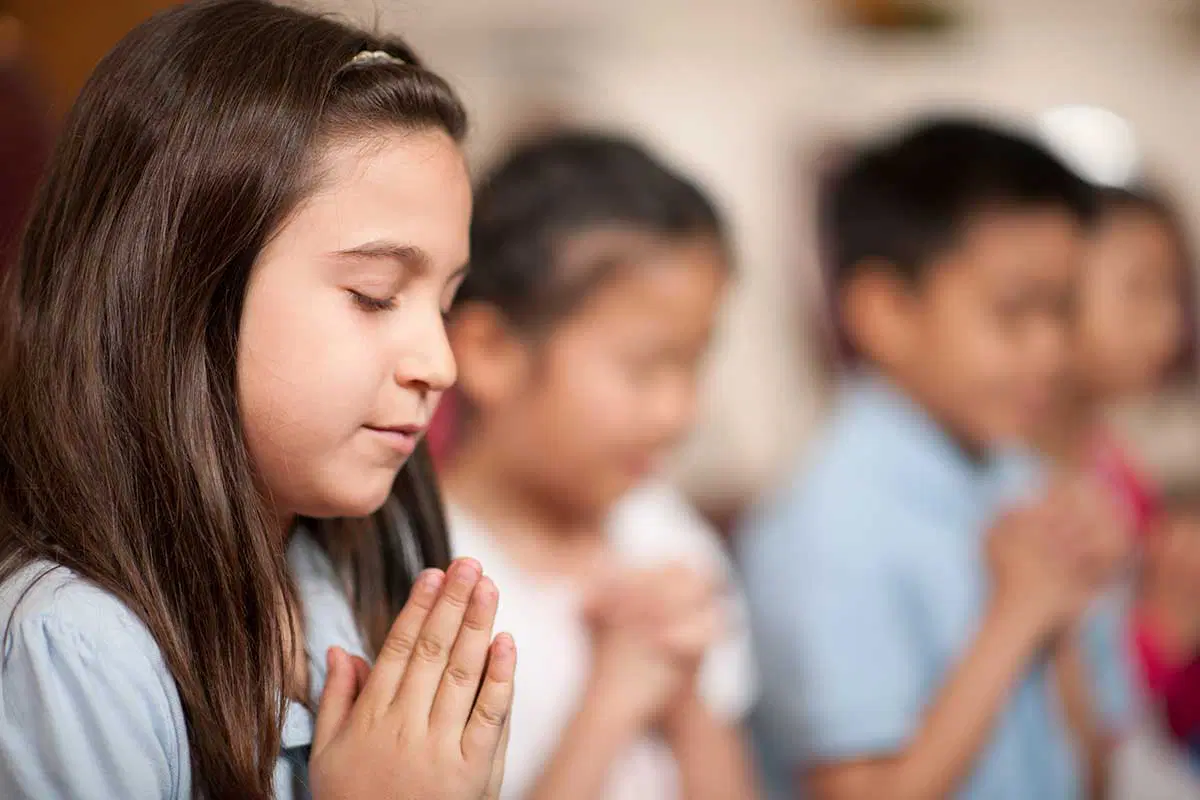
SPIRITUALITY/ RELIGION
Spirituality and religion can play significant roles in homeschooling, as they often influence the values, beliefs, and educational priorities of families. Here are some ways in which spirituality and religion intersect with homeschooling:
• Curriculum Choice: Many homeschooling families choose curriculum materials that alignwith their religious beliefs. For example, Christian homeschooling families might select materials that incorporate biblical teachings into subjects like history, science, and literature.
• Character Development: Spirituality and religion often emphasize moral and ethical values. Homeschooling provides an opportunity for parents to integrate teachings on compassion, kindness, forgiveness, and other virtues into their children’s education.
• Community Engagement: Religious homeschooling families may participate in religious communities and organizations that offer support, resources, and socialization opportunities for homeschooling parents and children. These communities often provide a sense of belonging and shared values.
• Cultural Studies: Many religious families incorporate the study of religious texts, rituals, and traditions into their homeschooling curriculum as a way of passing down their cultural heritage and reinforcing their spiritual beliefs.
• Critical Thinking and Perspective Taking: Exposure to different religious perspectives through homeschooling can foster critical thinking skills and promote understanding and respect for diverse beliefs and cultures.
• Flexibility: Homeschooling allows families to tailor their children’s education to include spiritual practices such as prayer, meditation, or religious observances without the constraints of a traditional school schedule.
• Lifestyle Integration: Homeschooling can provide opportunities for families to integrate their spiritual practices into daily life, such as incorporating mindfulness exercises or religious rituals into their homeschooling routine.
• Individualized Instruction: Homeschooling allows parents to provide personalized instruction that can accommodate their child’s spiritual and religious needs, including the ability to address questions or concerns that arise within the context of their faith.
It’s important to note that the intersection of spirituality, religion, and homeschooling varies greatly depending on the beliefs and practices of each family. Some families may prioritize religious instruction and adherence to specific religious doctrines, while others may focus more on spiritual development, morality, and character education. Ultimately, the decision to incorporate spirituality and religion into homeschooling should align with the values and goals of the individual family.








